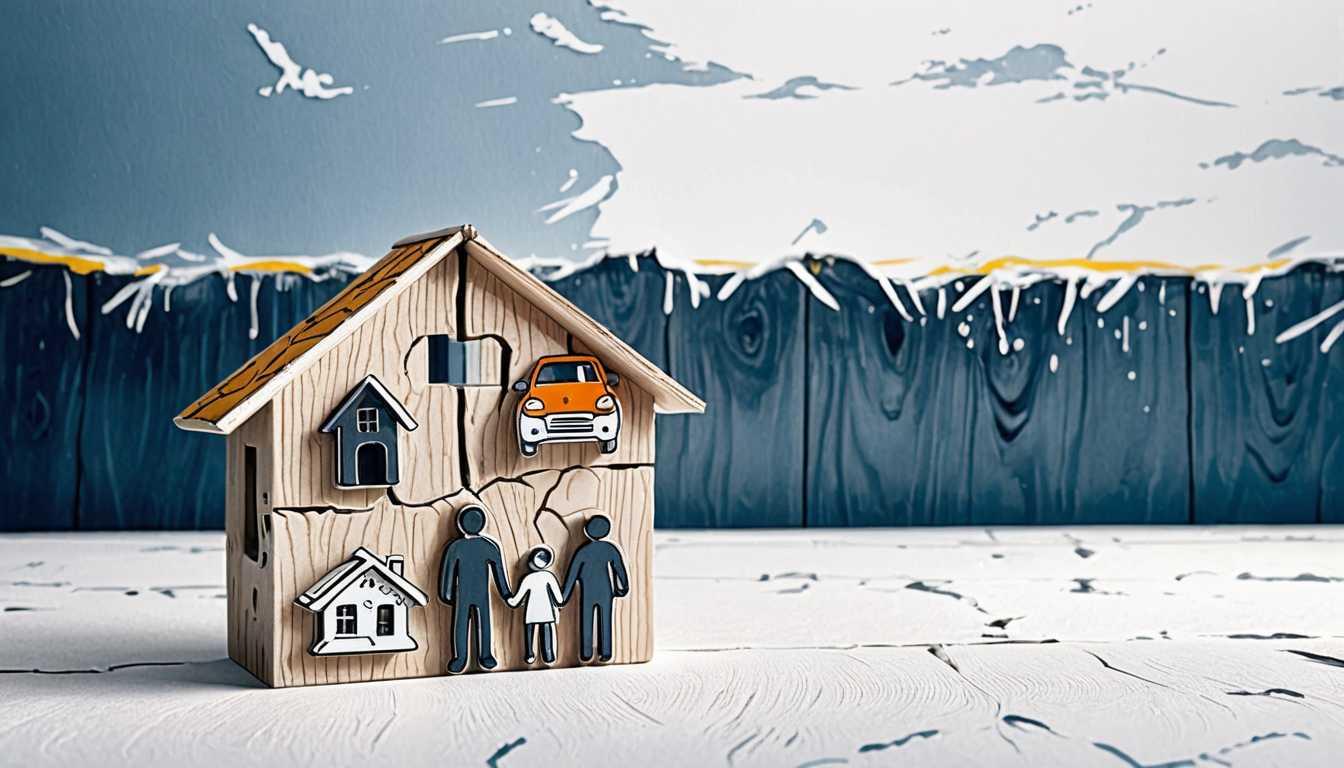Traffic Fines and Social Inequality
May 2024
Cornell University
Introduction
Ever wondered how a traffic ticket could impact entire communities? Cornell University researchers dive deep into New York's license suspensions, revealing a disproportionate effect on marginalized groups. Over a million drivers faced suspensions in 2017, mostly for unpaid fines rather than actual driving offenses. Their findings suggest that reforming these policies could significantly reduce racial and economic disparities. Dive into this eye-opening study and discover the power of policy reform!
READ FULL ARTICLEWhy It Matters
Discover how this topic shapes your world and future
Unraveling the Impact of License Suspensions
Imagine not being able to drive to school, work, or even the grocery store because your driver's license was suspended for not paying a traffic ticket. This scenario is a stark reality for many, especially in marginalized communities. The topic of license suspensions is crucial because it highlights how seemingly minor legal issues can have major impacts on people's lives, particularly for those in economically and racially marginalized communities. Understanding this helps us see the broader implications of laws and policies and how they can perpetuate inequality. This isn't just about driving; it's about access to jobs, education, and basic needs. Reflecting on this can help you appreciate the complexities of social justice and the importance of fair policies in shaping a just society.
Speak like a Scholar
Marginalized Communities
Groups of people who are excluded or disadvantaged due to economic, social, or political barriers.
Disproportionate Impact
When a policy or practice affects one group of people more than others, often unfairly.
Traffic Debt
The accumulation of unpaid traffic fines that can lead to legal penalties, including license suspension.
Statistical Modeling
A mathematical process used to predict or explain behaviors by analyzing data.
Socioeconomic Disadvantaged
Describes individuals or communities that lack financial resources and access to basic life opportunities.
Reform
Changes made to laws or policies to improve conditions, often to make them fairer or more effective.
Independent Research Ideas
Exploring Familial Psychological Impact
Explore the psychological impact of losing a driver’s license on teenagers and their families in different communities. Investigate how this affects their daily routines and long-term opportunities.
Analysis on State Traffic Policies
Analyze the effectiveness of different state policies on license suspensions to determine which are most effective at reducing disparities without increasing road safety risks.
Study of Traffic Management Systems
Study the role of technology in managing traffic debt, such as apps or online platforms, and how they could make paying fines more accessible and prevent suspensions.
History on Traffic Laws
Examine the historical context of traffic laws and how they have disproportionately affected various communities over time.
Investigate Alternative Traffic Punishments
Investigate alternative punishments for traffic violations that do not involve license suspensions but still hold individuals accountable, focusing on their feasibility and impact on reducing socioeconomic disparities.
Related Articles

Divorce: Unraveling Financial Struggles of Survivors
December 2024
U of Bristol Research news

Rethinking Global Tax: A Fun Guide
June 2024
LSE Business Review

Invisible Giants: Reshaping Society
July 2020
London School of Economics (LSE)

UAE's Gender Gap: Perception vs Reality
October 2023
London School of Economics (LSE)

Policies Over Prejudice: Rethinking Jail Disparities
May 2023
UC Berkeley